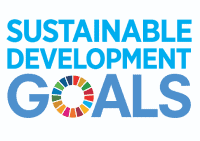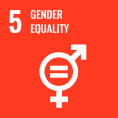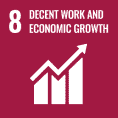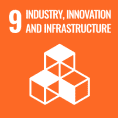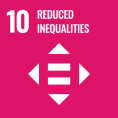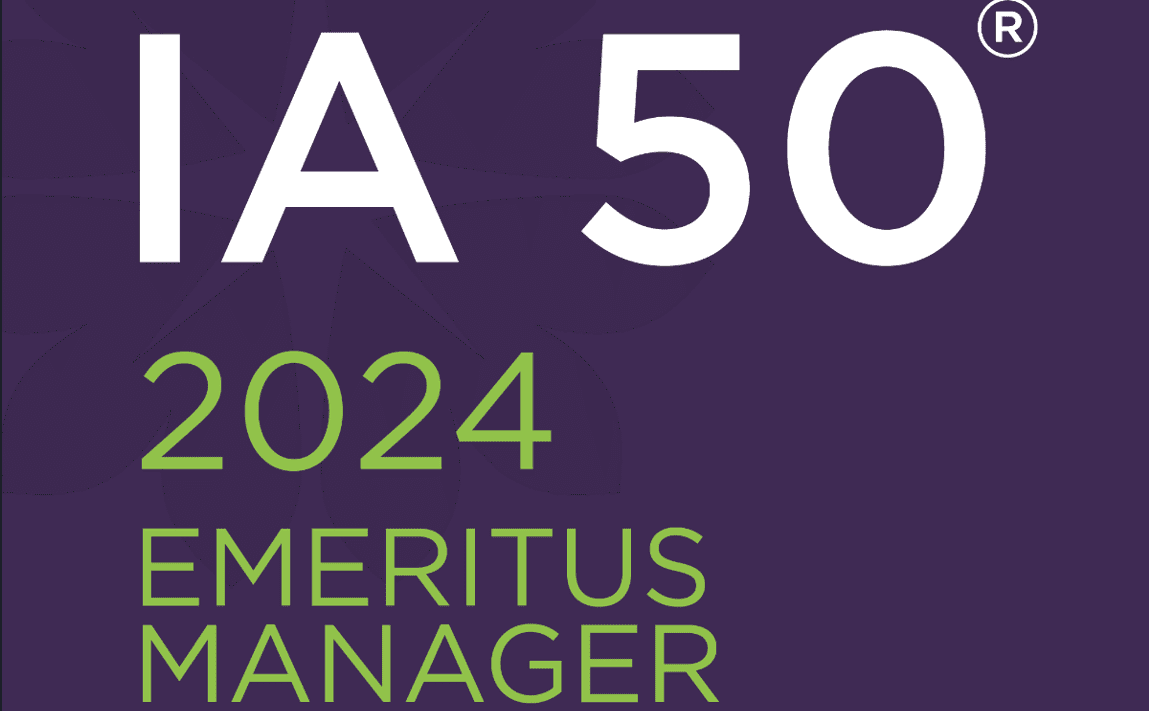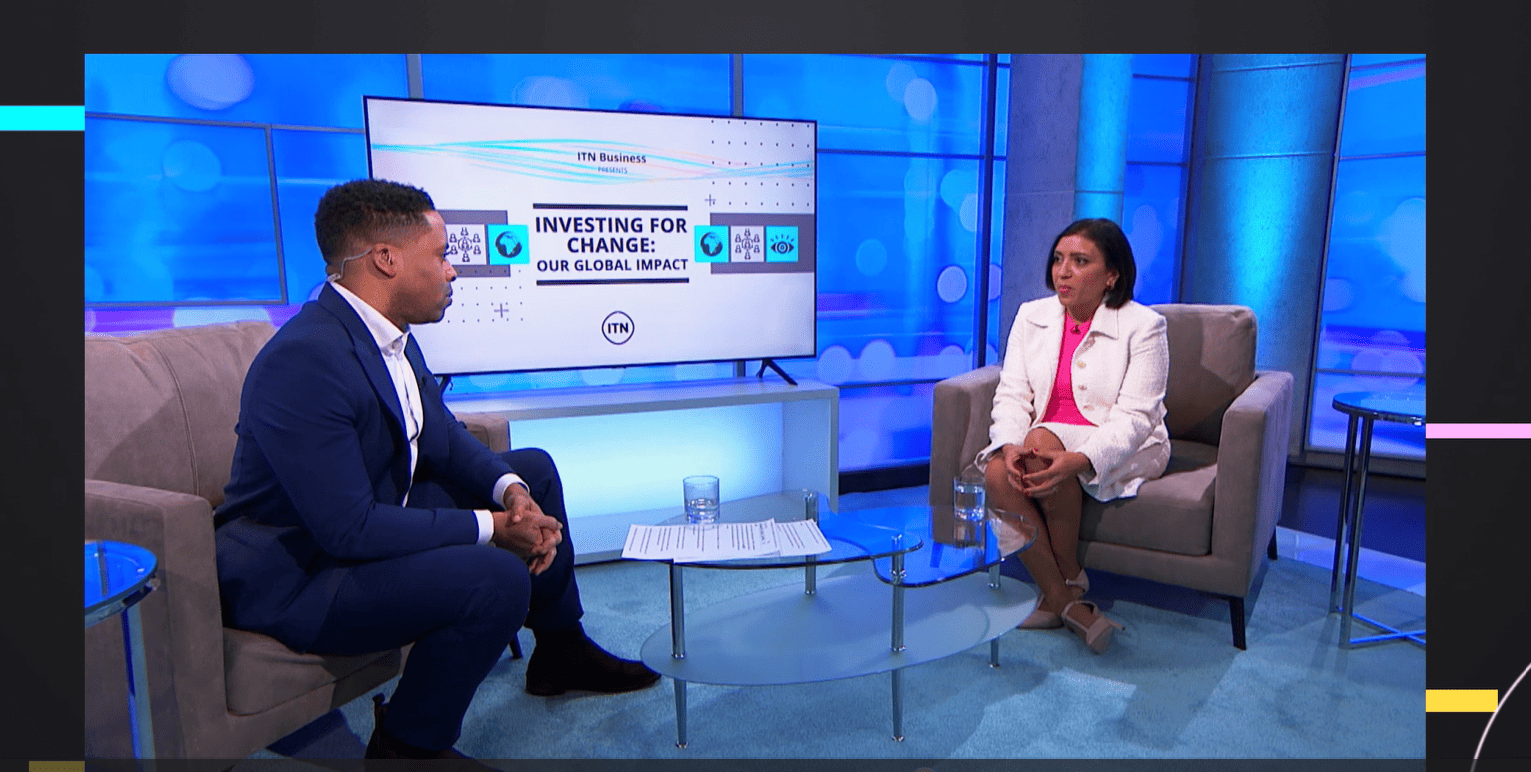For a food products manufacturer in Kazakhstan, low interest rates in the U.S. and the collapse of oil prices around the world are a problem. Market demand is local, and may still be thriving, but in today’s digitized, global economy, working capital to meet that demand may come from anywhere in the world. And everything is connected.
The Carry Trade and Local Business Disruption
Money is moving faster and in greater volumes than ever before, making local, and especially emerging, economies vulnerable to conditions beyond their control. With an unprecedented string of years where central banks have pursued a zero interest-rate policy, the carry trade has exploded. Forbes calls it “the multi-trillion dollar hidden market.”
How does it work? Borrow cheap dollars, lend at a higher interest rate somewhere—such as in emerging markets—and earn the spread. It works, until it doesn’t any more. The recent drop in oil and other global commodity prices, along with expectations that the U.S. Federal Reserve will start to raise its rate have triggered a tsunami of foreign capital back into dollars on the sideline. This has taken its toll on local currencies and the balance sheets of local corporate borrowers.
With capital flowing out of emerging markets even faster than it came in, local enterprises have had to deal with the dislocations. Corporates, which borrowed in dollars, now face higher repayment costs due to devalued local currencies. Local financial institutions have less credit to offer aspiring businesses—even if their prospects are good—and the cost of that credit is higher. The Kazakh food products company no longer has access to reasonably priced working capital to cover the gap between when goods are delivered and when the corporate supermarket pays for them. Cash flow is strained all along the supply chain.
Impact Investing and Financial Inclusion
Investments that seek a double bottom line—financial return and social impact—consider more than profit in their calculation. For the patient impact investor, financial services in emerging markets that focus on financial inclusion have the potential to generate both commercial returns and sustainable impact. When properly structured, they can withstand the turbulence of purely profit-seeking assets and lay the foundation for economic stability and growth.
New research from the University of Pennsylvania’s Wharton School and the Impact Investing Benchmark by GIIN, both find that investment funds with a financial and impact imperative do not have to be concessionary. When market rates of return are a priority, targeted positive outcomes can still be achieved.
“When I think about impact investing from the financial standpoint,” said AGC Co-Founder Janet McKinley, “I think about responsible investing, seeking a commercial rate of return grounded in a responsible allocation of capital.”
Investing in Emerging Markets to Sustain Growth
Advance Global Capital (AGC) takes a measured approach to trade financing in emerging and underserved markets to deliver an attractive absolute return while contributing to greater financial inclusion. We work with local non-bank and banking institutions to build a more sustainable financial ecosystem with a focus invoice discounting and supply chain financing for small and medium-sized enterprises (SMEs), particularly women-owned businesses.
- Confirmed invoices have an established face value upfront, which the buyer pays months later.
- The discount rate on purchased invoices is not tied directly to any public market rate, such as LIBOR.
- Pricing reflects the credit worthiness of the buyer, the local factor’s financial strength, and the rate of return a business expects to earn if it can put cash back to work immediately.
- Liquidity is based on the invoice terms—generally 30 to 90 days.
As global financial circumstances change, AGC works closely with factors to evaluate risk and return. Credit lines can be reduced, rolled or expanded on a monthly basis, depending on the potential return and the overall portfolio risk. The factor hedges out the local exchange rate risk, locking in predictability for the time the assets are held. If the cost of hedging is prohibitive, it is a market warning signal.
Know Your Customer
 Our origination team works with local factors, and meets with suppliers and their buyers to understand local conditions. From 30,000 feet, the terrain may look difficult. But on the ground, there are often solutions and opportunities.
Our origination team works with local factors, and meets with suppliers and their buyers to understand local conditions. From 30,000 feet, the terrain may look difficult. But on the ground, there are often solutions and opportunities.
When AGC’s Hendrik Van Deventer, global head of origination and structuring, and Mark Chamings, chief risk officer, traveled to Kazakhstan in September, they could see the challenge for the Kazakh manufacturer today and the potential for his business and community in the future. “The people we finance have good businesses, making things people want to buy,” said Van Deventer. “Good impact investing is grounded in the place where the money is being put to work. That stability counts for a lot over a longer term horizon.”

